What does e-cigarette mean? Is exchanging, buying, and selling e-cigarettes prohibited for upper secondary school students in Vietnam under Circular 32?
What does e-cigarette mean? What are the harmful effects of e-cigarettes on students in Vietnam?
| An e-cigarette is an electronic device used to deliver nicotine, the main addictive substance in traditional tobacco, to the user. Instead of burning tobacco, e-cigarettes heat a solution containing nicotine and flavoring agents to create vapor, which is inhaled by the user. |
*Unforeseen health hazards, especially for students:
Addictive Nicotine: The nicotine in e-cigarettes is highly addictive, making it difficult for users to quit. Nicotine addiction can affect your ability to learn, work, and your social relationships.
Respiratory System: Causes pneumonia, and asthma, and reduces lung function.
Cardiovascular System: Increases heart rate, and blood pressure, and heightens the risk of cardiovascular diseases.
Brain: Affects brain development, and reduces concentration, memory, and learning ability.
Other Harmful Effects: Increases cancer risk and reduces immunity.
Other Toxic Chemicals: Besides nicotine, e-cigarettes contain many other harmful chemicals like formaldehyde, heavy metals, and flavorings... These substances can cause respiratory, and cardiovascular diseases and cancer.
Affecting Development: At the student's age, the body is still developing. Exposure to nicotine and toxic substances can affect the development of the lungs, heart, brain, and other organs.
Why are students easily attracted to e-cigarettes?
Reason 1: Peer pressure: Wanting to fit in with friends, wanting to gain recognition.
Reason 2: Curiosity, wanting to experience: Wanting to try something new.
Reason 3: Attractive advertising: e-cigarette products are often advertised with eye-catching images, and diverse flavors.
Reason 4: Lack of awareness: Many young people are not fully aware of the harms of e-cigarettes.
To prevent the harmful effects of e-cigarettes, students should:
Say no to e-cigarettes: Be brave to refuse when offered to smoke.
Gain information: Learn about the harmful effects of e-cigarettes to equip yourself with knowledge.
Share with family: Talk to parents, teachers, and friends about your concerns.
Seek healthy activities: Instead of smoking, participate in sports, clubs, or other extracurricular activities.
*Role of family and school:
Family: Create a healthy family environment, and regularly talk with children to understand their thoughts and feelings.
School: Organize talks, and awareness campaigns about the harmful effects of e-cigarettes, helping students equip themselves with knowledge to protect themselves.
*Conclusion:
E-cigarettes are a danger to health, especially for students. To protect themselves and those around them, students should say no to e-cigarettes and choose a healthy lifestyle.
*Note: Information about the definition of e-cigarettes and the harmful effects of e-cigarettes on students is for reference purposes only./.
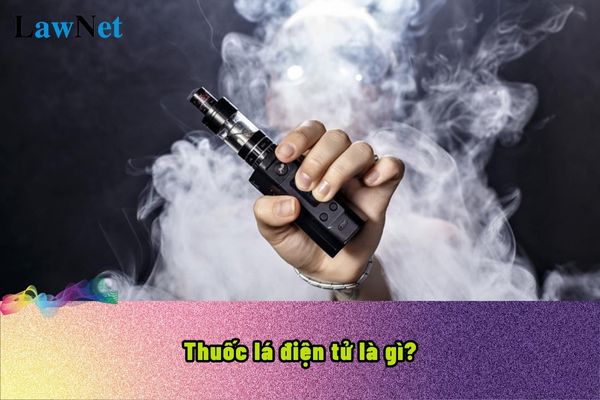
What does e-cigarette mean? Is exchanging, buying, and selling e-cigarettes prohibited for upper secondary school students in Vietnam under Circular 32? (Image from the Internet)
Is exchanging, buying, and selling e-cigarettes prohibited for upper secondary school students in Vietnam under Circular 32?
Under Article 37 of the lower secondary school, upper secondary school and multi-level school charter issued by the Ministry of Education and Training attached to Circular 32/2020/TT-BGDDT, the prohibited acts for students in Vietnam are prescribed as follows:
1. Disrespect the dignity, honor or bodily integrity of teachers, officials and staff of their schools, other people and other students.
2. Act dishonestly in learning, examinations or admission process.
3. Buy, sell or use alcohol, tobacco, drugs, other stimulants, firecrackers or explosives.
4. Use mobile phones and other devices in class for purposes other than learning and without the teacher's permission.
5. Fight or disrupt public or school order or security.
6. Use or exchange cultural products that incite violence or contain indecent materials; use toys or play games that impede their own healthy development.
7. Students shall not commit other prohibited acts provided for by regulations of law.
Thus, upper secondary school students are prohibited from exchanging, buying, and selling e-cigarettes in school.
Are upper secondary school students in Vietnam required to engage in physical training while studying?
Pursuant to Article 34 of the lower secondary school, upper secondary school and multi-level school charter issued by the Ministry of Education and Training attached to Circular 32/2020/TT-BGDDT, the duties of students are stipulated as follows:
1. Learn and train according to curricula and education plans of their schools.
2. Respect their parents, officials, teachers and staff of their schools, and those older than them; maintain solidarity and mutual support in learning and training; conform to the charter and rules of their schools; and abide by the law.
3. Take exercises and maintain personal hygiene.
4. Participate in group activities of their schools and classes, Ho Chi Minh Young Pioneer Organization and Ho Chi Minh Communist Youth Union; help their families, join physical and social activities and environmental protection activities, and maintain traffic order and safety.
5. Protect school and public property; contribute to fostering, preservation and enhancement of school traditions.
Therefore, according to the above regulations, upper secondary school students must engage in physical training while studying.

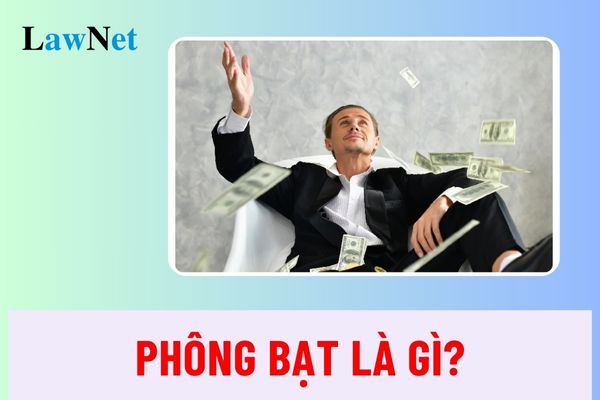
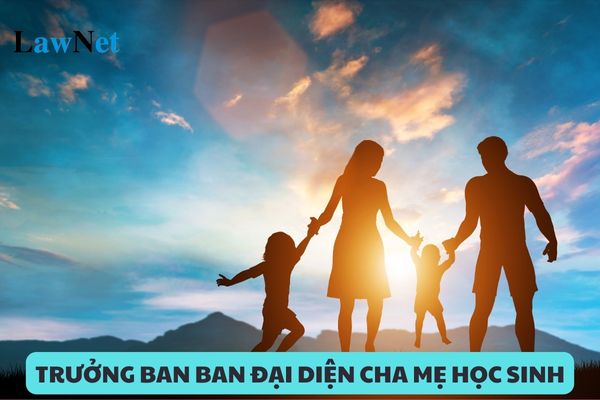
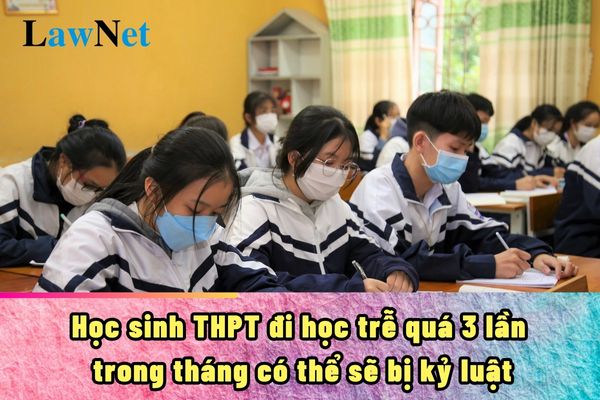
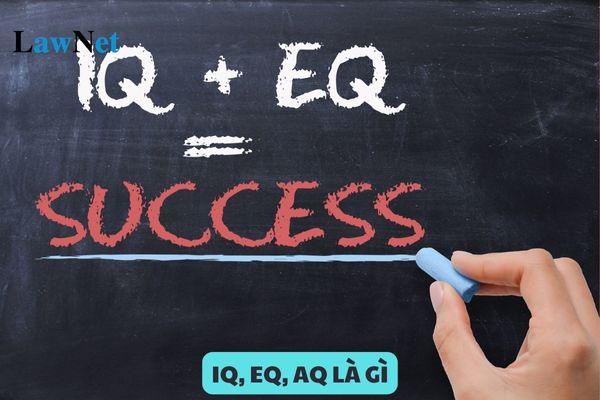
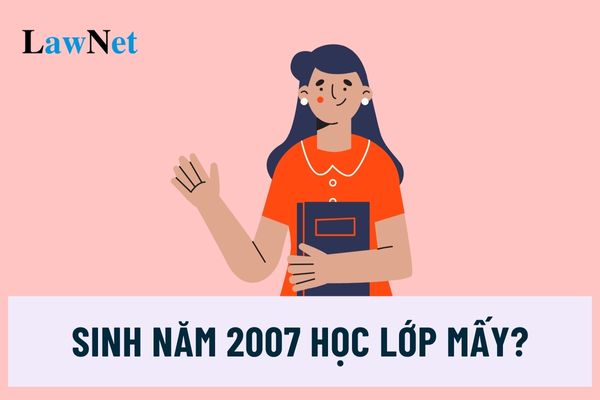
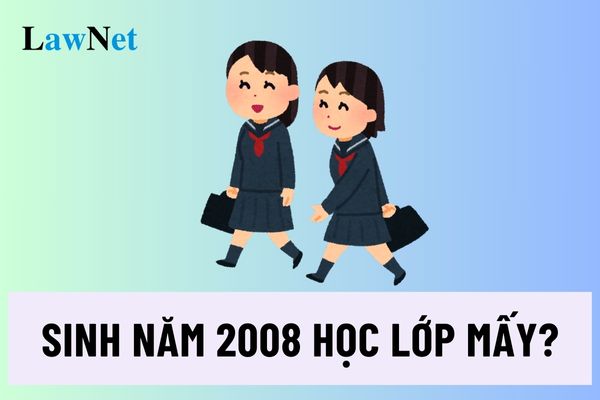
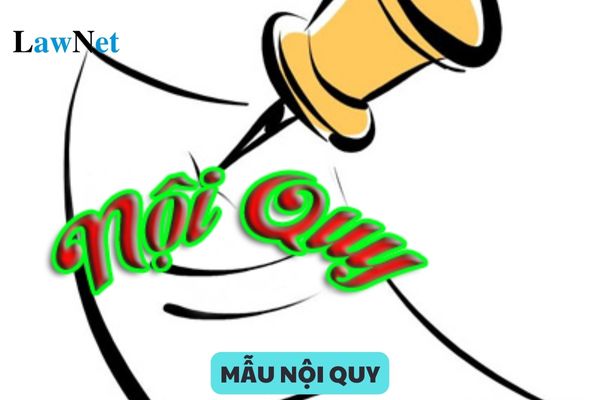
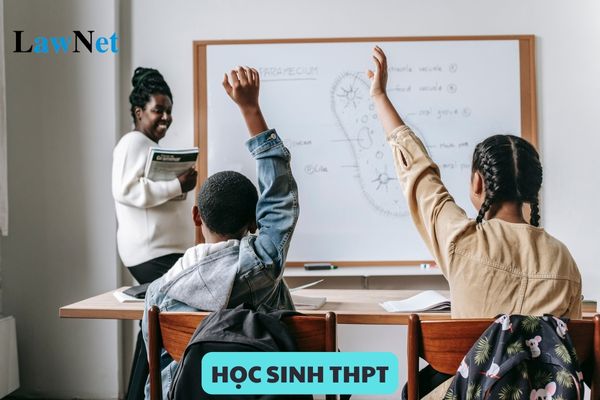
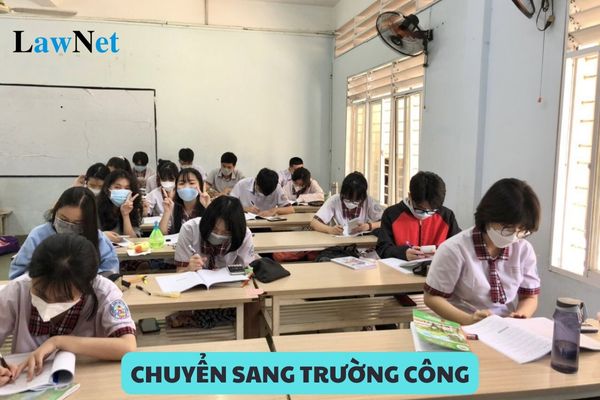
- Vietnam: What is the sample outline of an essay on the analysis of expressions of national spirit in the Poem "Việt Bắc" for 12th-grade students? What patriotic qualities are required for 12th-grade students?
- Vietnam: What are your thoughts on the Poem "Tiếng ru" by To Huu? How many lessons are there in the 12th-grade Literature curriculum per year?
- What are the sample essays describing your grandfather for 5th-grade students in Vietnam? What are the assessment criteria for 5th-grade students in 2024?
- Vietnam: What are the sample social argumentative essays on social media etiquette for 10th-grade students? What Vietnamese knowledge do 10th-grade students learn?
- Vietnam: Why is the French Bourgeois Revolution considered the most thorough one? What learning outcomes are required for 11th-grade students after studying the bourgeois revolution?
- Vietnam: What is the atmosphere? What is the grade at which students are required to master the knowledge of the atmosphere in the History and Geography curriculum?
- Vietnam: Why does the phenomenon of day and night alternation occur on Earth? What is the grade at which students learn about the phenomenon of day and night alternation on Earth?
- What is the newest report template on distance education at the higher education level in Vietnam?
- Vietnam: What are the shortest sample expositions on Ba Den Mountain for 9th-grade students? What learning outcomes are required for the writing process in the 9th-grade Literature curriculum?
- In Vietnam, what does local time mean? What is the grade at which local time is taught in the History and Geography curriculum?

